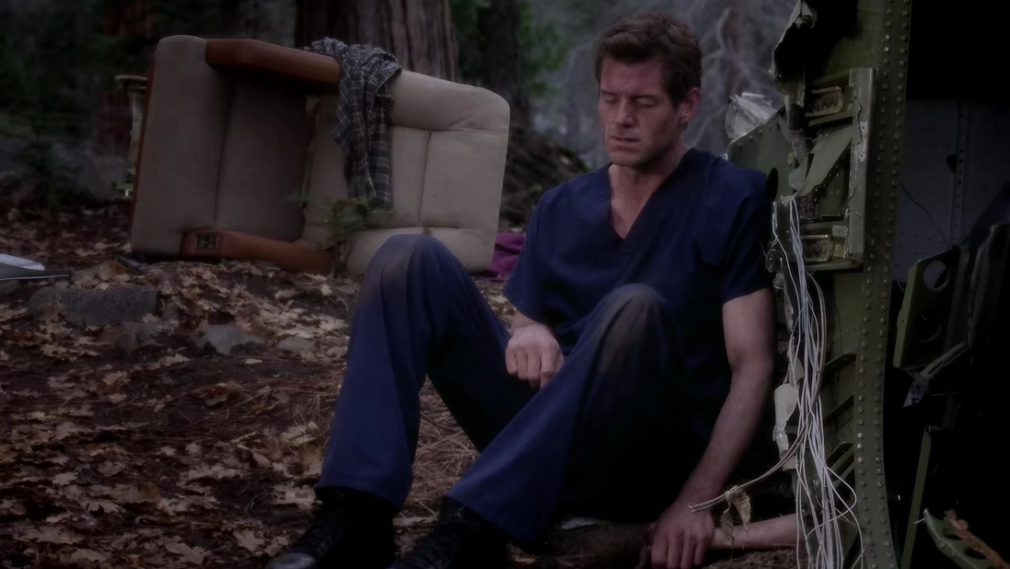42Views 0Comments
Mark’s Cause of Death in Grey’s Anatomy and Its Comprehensive Analysis
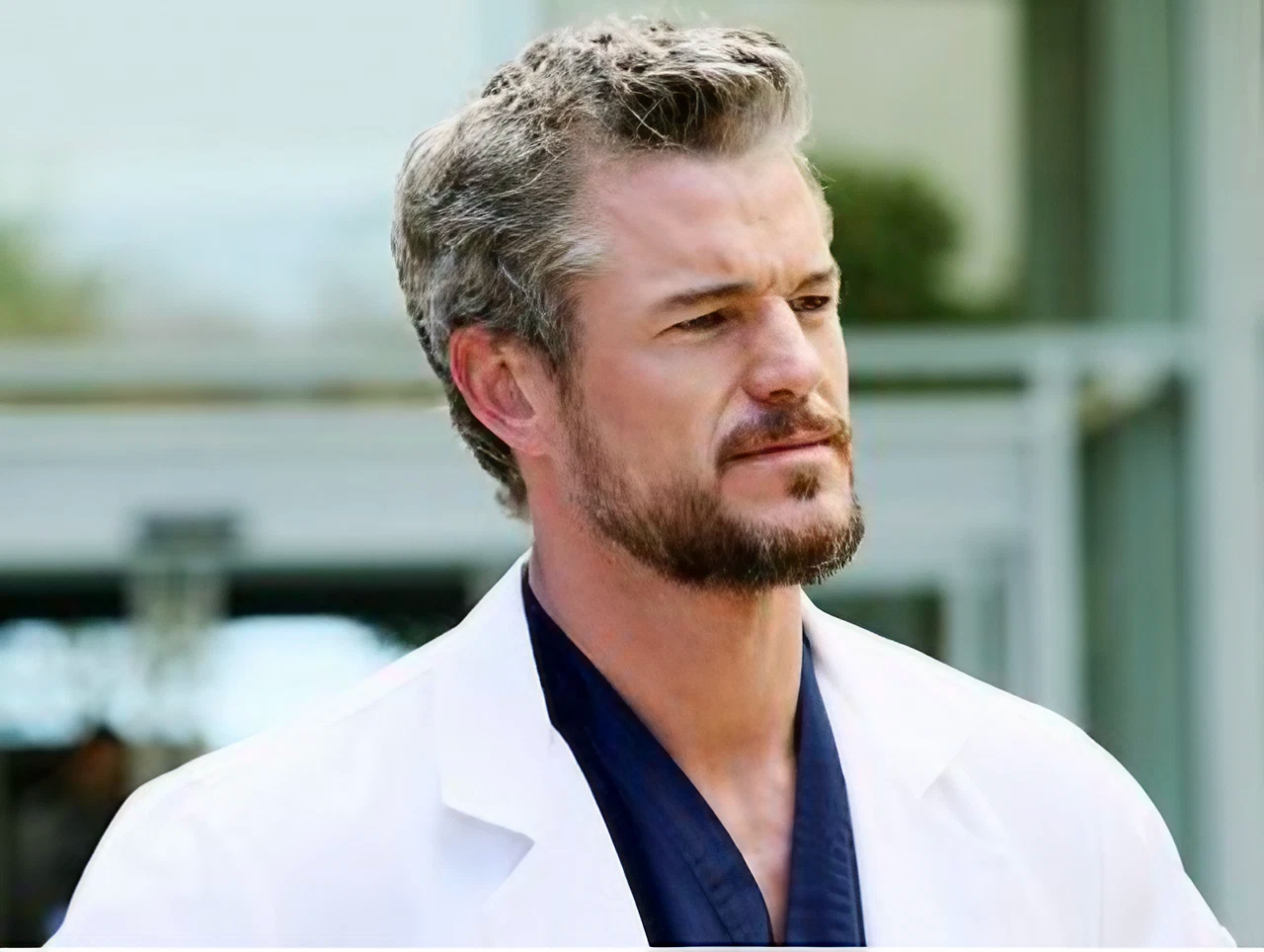
The shocking death of Dr. Mark Sloan, portrayed by Eric Dane, left Grey’s Anatomy fans devastated and searching for answers.
Many viewers wondered, “How did Mark die in Grey’s Anatomy?”
His unexpected passing was a turning point in the series, impacting the characters and the show’s course.
In this comprehensive analysis, we’ll look into the circumstances surrounding Mark’s tragic death, the events leading up to it, and the impact that followed.
Gain a deeper understanding of this pivotal moment in the series and its significance to the storyline.
Join us as we discuss the details of Mark’s final moments and legacy at Seattle Grace Hospital.
Learn how his death shaped the lives of his loved ones and colleagues in the following episodes.
Contextual Background
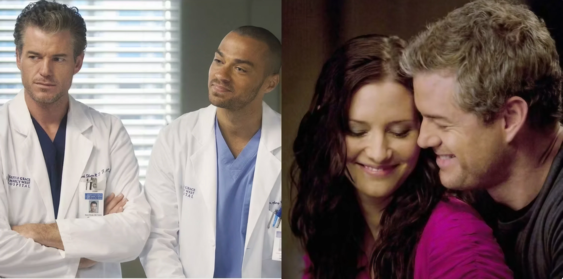
Mark Sloan, first introduced as a plastic surgeon and Derek Shepherd’s best friend quickly became a fan favorite on Grey’s Anatomy.
Throughout the series, viewers witnessed Mark’s growth from an infamous womanizer to a dedicated doctor and loving father.
His journey was marked by several defining moments, including his brief marriage to Callie Torres and the birth of their daughter, Sofia.
One of the most significant relationships in Mark’s life was his romance with Lexie Grey.
Despite their initial struggles and age differences, Mark and Lexie’s connection deepened.
They supported each other through personal and professional challenges, forming an unbreakable bond.
However, their love story took a tragic turn in the season eight finale when Mark, Lexie, and several other doctors were involved in a devastating plane crash.
The episode “Flight” showcased the accident’s immediate impact, with the survivors struggling to cope with their injuries and realizing that help might not arrive in time.
In a heart-wrenching scene, Mark held a severely injured Lexie in his arms as she surrendered to her wounds, leaving him emotionally broken.
The plane crash marked a turning point for Mark and set the stage for his fate in the following season.
The accident’s impact on his physical and mental well-being played a crucial role in his final days as he grappled with the loss of his soulmate and the challenges that lay ahead.
Detailed Analysis of Mark Sloan’s Death

In the season nine premiere, Mark was hospitalized with severe injuries from the plane crash.
The show’s writers chose to have Mark initially survive, allowing him to share emotional moments with his loved ones, including his daughter Sofia and best friend Derek.
However, Mark’s condition quickly worsened due to the extent of his internal injuries, leaving the doctors at Seattle Grace Mercy West Hospital facing difficult decisions about his care.
The medical aspects of Mark’s injuries were portrayed with careful attention to detail, highlighting the challenges faced by trauma surgeons in similar situations.
The show’s creators consulted with medical experts to ensure accuracy in depicting the complications that can arise from such severe trauma.
From a narrative perspective, Mark’s death was a poignant example of life’s fragility and loss’s impact on the characters.
Creator Shonda Rhimes explained that the decision to have Mark pass away was made to honor the significance of his relationship with Lexie and examine grief’s profound effects on the remaining characters.
In a particularly poignant moment, Mark experienced a brief surge of improvement, known as “The Surge,” where he regained consciousness and expressed his desire to be let go.
This scene carries symbolic meaning, representing Mark’s acceptance of his fate and readiness to reunite with Lexie in the afterlife.
It also allowed the characters to say their final goodbyes and find closure during their pain.
The Psychological Impact of Grief on Seattle Grace Hospital
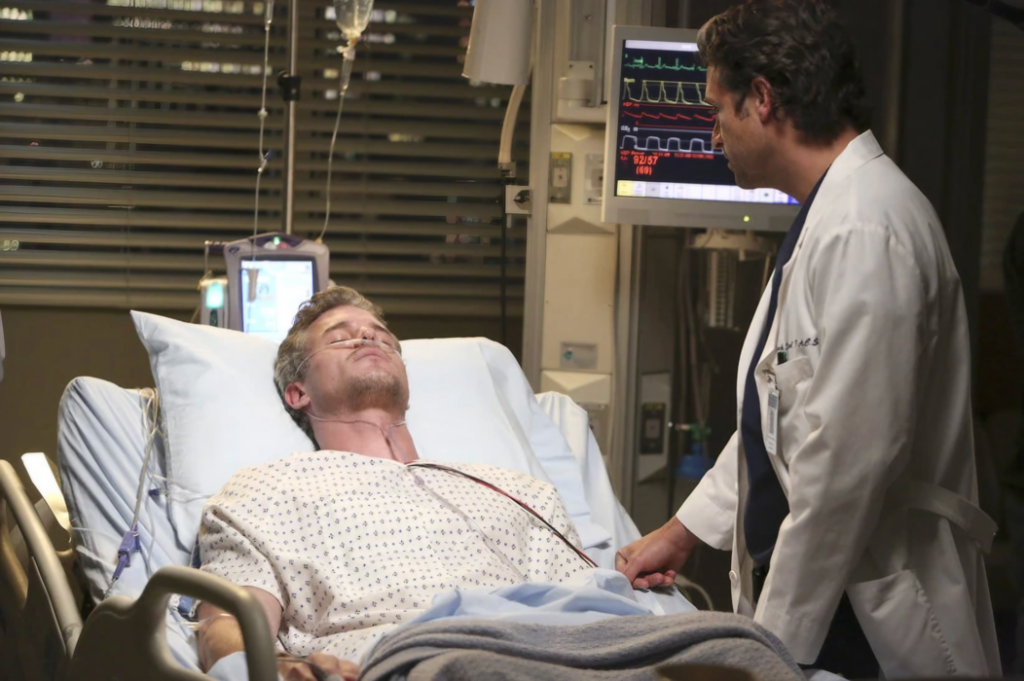
Mark’s death had far-reaching consequences beyond the personal grief experienced by his friends and colleagues at Seattle Grace Hospital.
The psychological impact of his loss affected the entire staff, influencing their ability to function both professionally and emotionally.
The show’s writers depicted how characters processed their grief, highlighting the importance of addressing mental health issues in the workplace.
In the episodes following Mark’s death, the hospital staff struggled to come to terms with their loss while still maintaining their responsibilities as medical professionals.
Some characters, like Derek and Callie, initially threw themselves into their work as a coping mechanism, while others, such as Jackson Avery, found it difficult to focus on their duties.
This realistic portrayal of grief’s impact on job performance normalized the idea that mourning is a highly individual process with no one-size-fits-all solution.
Grey’s Anatomy also showcased the value of support systems and therapy in dealing with grief.
Characters like Dr. Owen Hunt, who had previously experienced PTSD, became a source of guidance for his colleagues as they navigated their emotions.
The show emphasized that seeking help, whether through friends, family, or mental health professionals, is a sign of strength rather than weakness.
By addressing the psychological impact of Mark’s death on Seattle Grace Hospital, Grey’s Anatomy provided a subtle exploration of grief and its effects on both personal and professional life.
The show’s commitment to depicting mental health issues with sensitivity and realism supported its position as a series that goes beyond mere entertainment.
Mark Sloan’s Final Episodes and Farewell
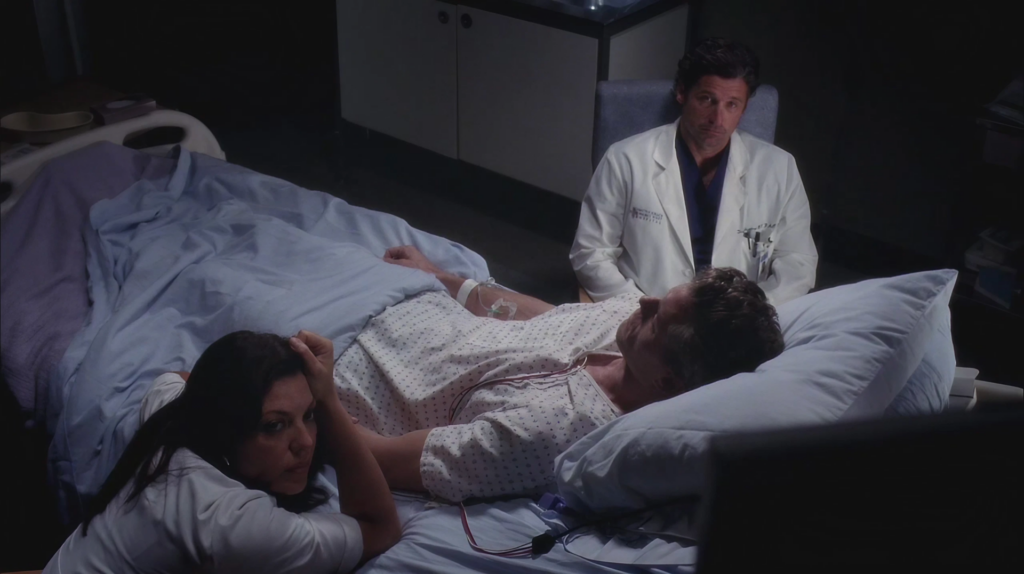
In his final episodes, Mark shared heartfelt moments with his closest friends and family as they came to terms with his impending death.
These scenes were carefully crafted to showcase Mark’s relationship depth and impact on those around him.
One of the most emotional moments came when Mark decided to be taken off life support, a choice that Derek and Callie supported despite their initial hesitance.
Mark’s death had a profound effect on the characters within the show.
Callie, his best friend, and mother of his child, struggled with the loss and the responsibility of raising their daughter without him.
Derek, who had known Mark since childhood, grappled with the grief of losing his best friend and the realization that life would never be the same.
Viewers were equally affected by Mark’s passing, as they had grown to love his character over the years.
Many fans expressed their sorrow and admiration for the show’s handling of his death, praising the writers for giving Mark an appropriate send-off that honored his character’s journey.
Critics also acknowledged the emotional impact of Mark’s final episodes, with many noting the powerful performances by the cast and the show’s ability to handle such a significant loss with grace and authenticity.
Mark Sloan’s death left a lasting impression on Grey’s Anatomy, cementing his place as one of the series’ most beloved characters.
His absence continued to be felt in the following episodes as the characters learned to navigate their lives without him.
Conclusion
The tragic story of how Mark died in Grey’s Anatomy serves as a poignant reminder of the fragility of life and the deep impact of loss.
Through closely examining Mark’s final days, his relationships, and the emotional impact of his passing, we gain a deeper appreciation for his character’s journey and the unforgettable mark he left on the series.
As fans, we grieved alongside the characters, a testament to the show’s ability to create meaningful connections between its audience and the lives pictured on screen.
Though Mark Sloan may be gone, his legacy endures, forever woven into the fabric of Grey’s Anatomy.
His story invites us to cherish the moments we have with our loved ones and to find strength in the face of unimaginable grief.

